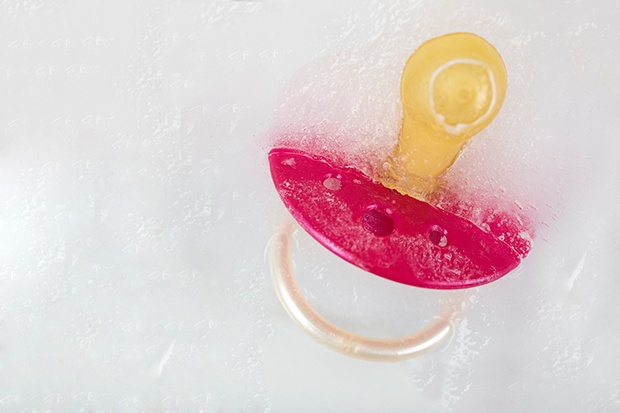
Egg Freezing
As a woman ages the number and quality of her eggs declines, making it challenging to become pregnant and/or have a successful pregnancy. Therefore, more and more women are choosing to do egg freezing as a way to preserve their fertility until they find the right partner or are ready to start building a family.
The Process
Women must take hormones for an average of 10 to 12 days, stimulating the ovaries to develop as many mature eggs as possible. For younger women (< age 35) doctors recommend women freeze 15-20 eggs if possible. A surgical procedure with anesthesia is required to retrieve the eggs, and it’s important to know that the ovarian stimulation drugs can have side effects.
The number of eggs and egg quality decline with age so a woman’s age when she freezes her eggs can make a big difference in success rates. The older a woman is when she freezes her eggs, the lower the chances of success with each mature egg that is frozen, and generally older women also have fewer eggs to freeze, so doctors generally don’t recommend egg freezing for women over age 38. Women in their 20’s and 30’s have the most and best quality eggs, and so the highest subsequent pregnancy rates. However, the chance they are going to need to use the eggs later in life is also less, so doctors generally don’t recommend the process for women under age 30.
Egg freezing is usually done either to preserve eggs when a woman is going to undergo treatment for cancer or other disease that could permanently damage or destroy the eggs (e.g. radiation or chemotherapy), or for a woman who does not have a partner and/or does not yet want to get pregnant but wants to preserve her fertility by freezing eggs for future use. Eggs can be kept frozen for many years so that when the woman wants to use the eggs they can be thawed, fertilized with her partner’s sperm (or donor sperm if she has no partner) and the resulting embryo(s) transferred into the uterus, usually 5 days later after the fertilization procedure.
The Cost
Insurance rarely covers egg freezing or embryo freezing costs. Several employers have begun covering the process but coverage remains rare. Additional costs include annual egg storage fees plus the cost of in vitro fertilization (IVF) and embryo transfer when the eggs are eventually used. Most ARC Fertility member clinics offer affordable egg freezing packages, and by using ARC Fertility Financing, patients can access this treatment with an affordable monthly payment plan.
Embryo Freezing
Active treatment of a “fresh” IVF cycle ends when an embryo that has just been created by fertilization is transferred back into the uterus, usually 5 days later. In many cases, additional embryos of good quality are available and can be frozen (embryo freezing) so that they can be used later in a frozen/thaw embryo transfer (FET) cycle, if the patient does not get pregnant with the fresh transfer. Since embryos can remain safely frozen for many years, they can also be transferred after a successful IVF cycle in order to have another child.
Freeze All Cycle
Sometimes, for various reasons, a woman may have a “freeze-all” cycle in which no embryos are replaced fresh and all the embryos are frozen for transfer in subsequent cycle(s).
If you would like to learn more about your options for egg or embryo freezing, please click on the button below to get in touch with a leading fertility specialist near you.

